Celebrities are constantly under public scrutiny, leaving them open to harmful comments and public harassment. Dogpiling celebrity hate occurs when viewers gang up on celebrities through critical or abusive comments. The recent drama between Hailey Bieber and Selena Gomez is an example of dogpiling celebrity hate, where fans curate conspiracies, create pages dedicated to the scandal and leave countless hateful comments.
Although celebrities should be held accountable for negative actions, the methods that fans use to bring about this accountability are dehumanizing, unethical and discourage actual self-growth. Social media algorithms sort content by the likelihood that the user will like the post. This creates echo chambers — environments where people only encounter information and opinions that reflect their own, which can create mob mentalities surrounding celebrity hate. Dangerous mob mentalities cause scrutiny to snowball into personal attacks. Bandwagoning hate can make normally unacceptable comments feel insignificant to the individual posting it. Extreme comments often get the most attention, and receiving thousands of likes on a hateful comment can feel fulfilling.
These comments range from criticizing what celebrities wear to who they spend their time with. Celebrities have very little privacy from the public’s comments, their romances and breakups are popular subjects of public interest and there are sexist expectations placed on celebrities’ relationships and love lives. For example, Taylor Swift has been the subject of intense dating scrutiny. When female celebrities have multiple relationships, they are often shamed online and by the media. Online scrutiny robs celebrities of boundaries and privacy in relationships, which can lead to further mental health problems. Celebrities’ private lives should not be given the same attention and scrutiny as their public actions.
Since celebrities have the resources to educate themselves, it’s reasonable to expect them to apologize for their public mistakes and improve. However, there’s a fine line between accountability and harassment. These hate comments often insult their appearance, personality and relationships. Celebrities are people, and dealing with harassment is detrimental to anyone’s mental health. Cyberbullying can often lead to social and emotional distress, self-harm and even suicide. Comments such as “kill yourself” are far from helpful. For young people on social media, seeing this sort of behavior from others normalizes it for them, creating an environment where teens experience it too.
According to the CDC, more than one in six high school students reported being cyberbullied in 2022. Teenagers shouldn’t grow up in online spaces riddled with harassment. Instead of entertaining hostility, social media should enable young people to have healthy interactions.
The anonymity of the internet allows commenters to feel protected from the repercussions of bullying, allowing for a level of hatred that wouldn’t occur in real life. Although there is a vast disconnect between real life and social media, true anonymity doesn’t exist. Once a comment has been made public on the internet, it is virtually impossible to remove it completely. Digital footprints have been used as evidence of the legal and social repercussions of cyberbullying. According to Pew Research Center, 50% of teens surveyed think banning or pressing criminal charges against online users who bully would help reduce cyberbullying. In order to stop cyberbullying and the dangerous effects of dogpiling celebrity hate, harmful comments should have serious repercussions for those who engage in them.
Canceling celebrities not only leads to cyber bullying but also causes intolerance. Responding to a celebrity scandal with personal attacks only discourages discussion and creates a black-and-white stance toward complicated problems. Social media encourages people to idolize celebrities, so when teens see a celebrity canceled for making a mistake, it discourages their own growth and open-mindedness.
Dogpiling hatred and canceling celebrities is also often ineffective. Attention and fame are careers for celebrities, and this relationship makes it extremely difficult for someone’s career to end through public backlash. Often, celebrities profit from scandal and drama. Calmly criticizing celebrity actions is a more ethical way to hold them accountable. Everyone, regardless of popularity, deserves respect and protection. Instead of posting malicious comments, viewers should simply unfollow the influencer or ask them to address the issue and apologize.


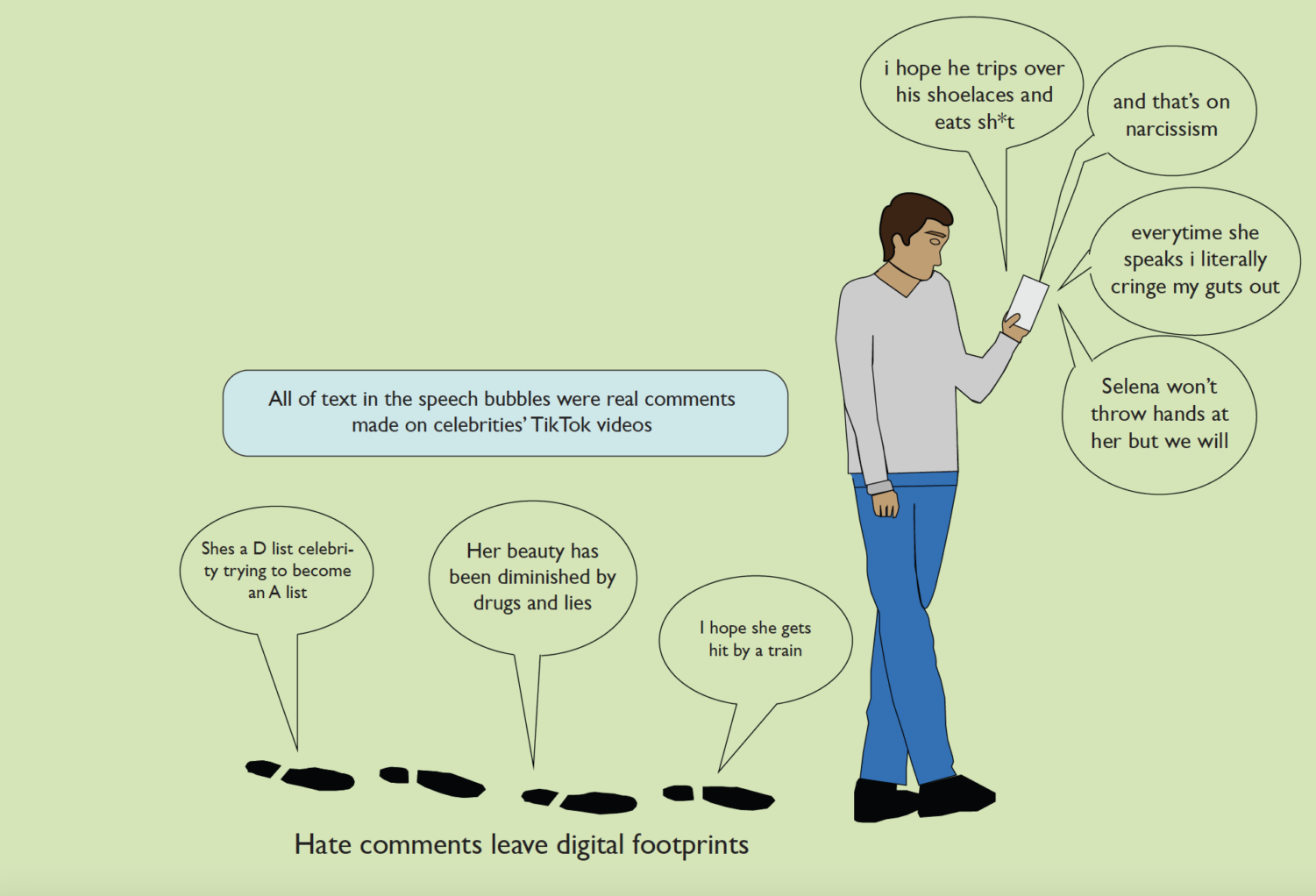




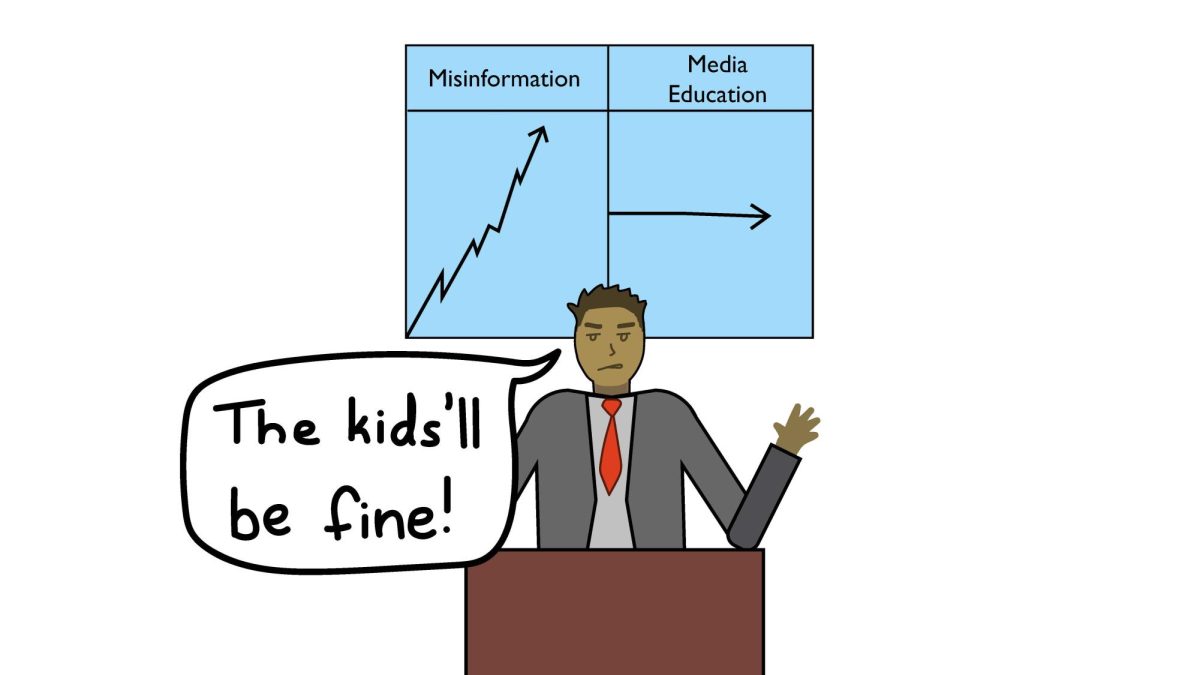
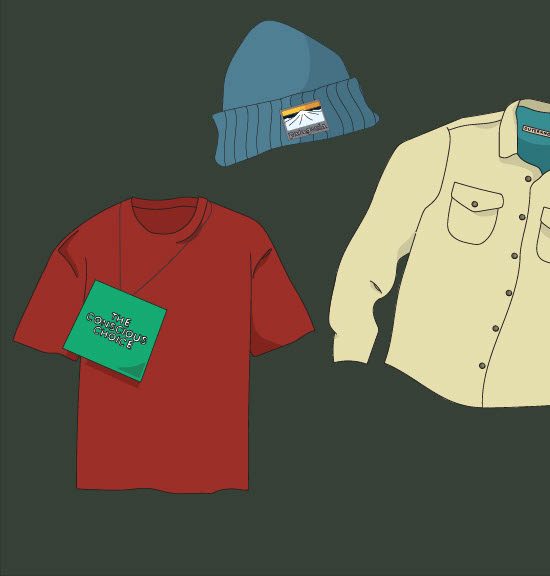
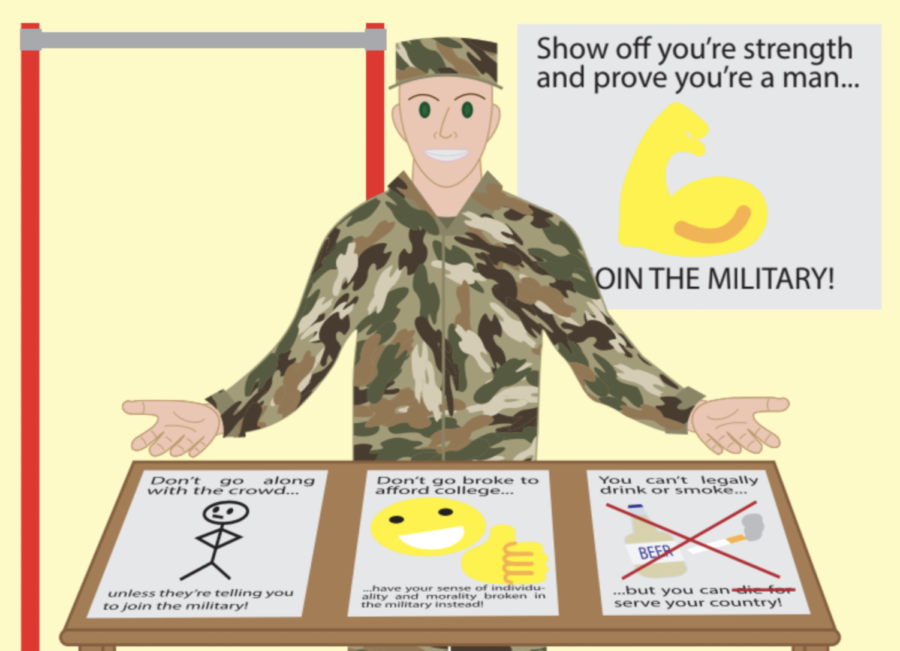
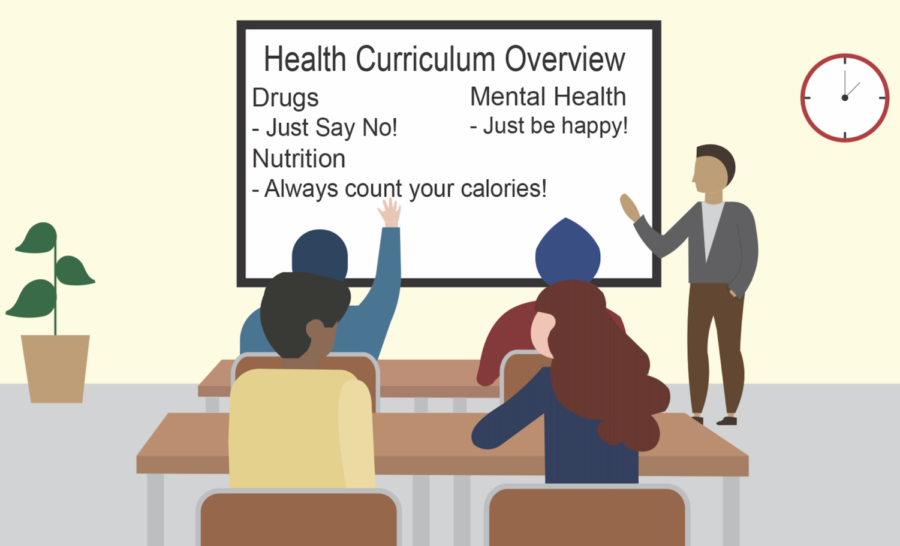

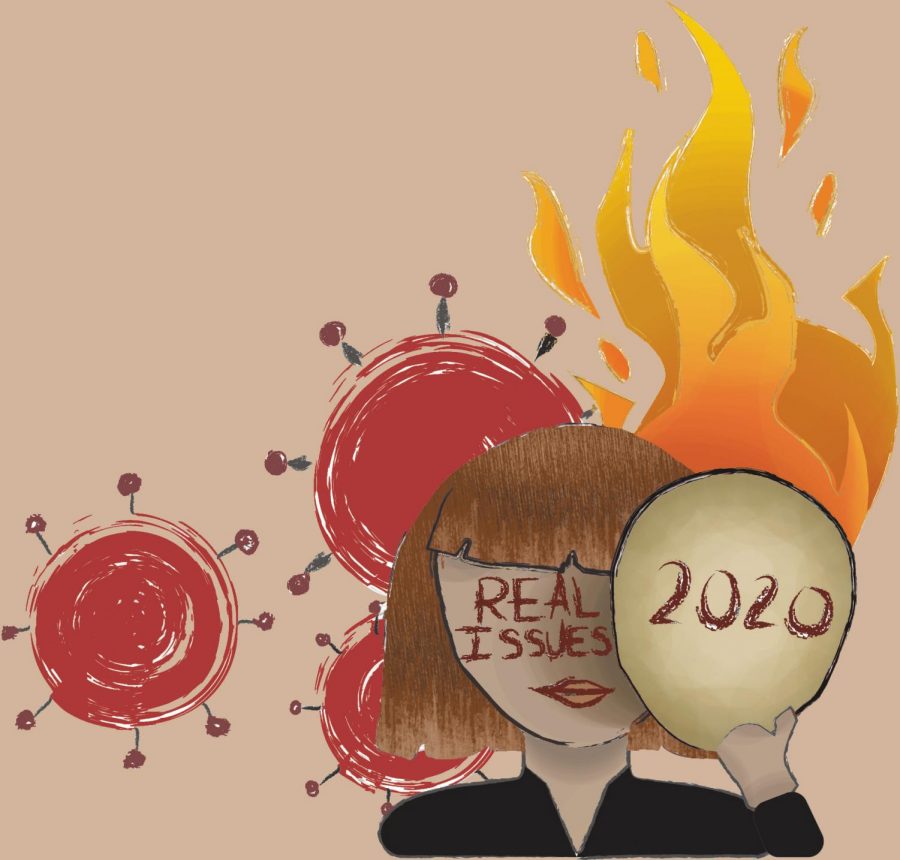
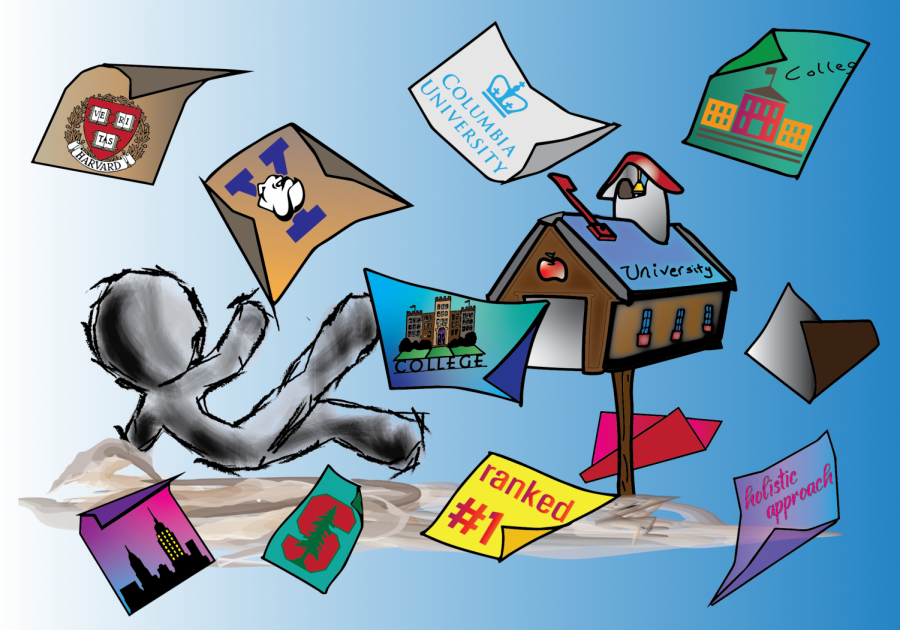
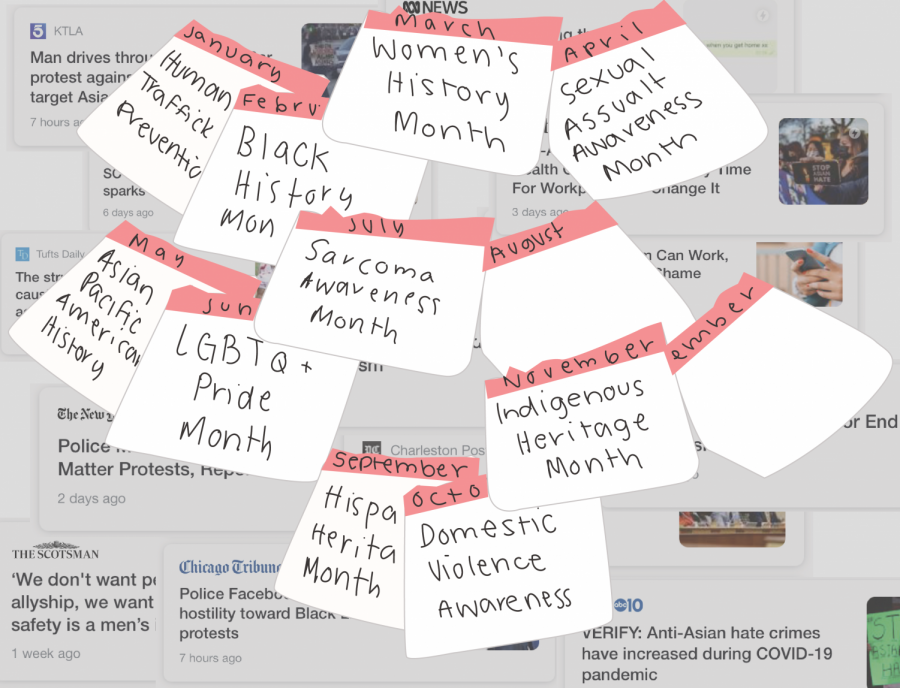

Dan Campbell • Aug 3, 2023 at 10:37 PM
Maybe this is a valid explanation.
I don’t know, I always assumed that we cast stones in order to misdirect our attention away from our own shortcomings.
I can’t believe the cruelty towards Amber Heard, Ezra Miller, and many others who have been mean or made mistakes. Especially when some of these celebrities have already been punished in a court of law. Even when the alleged victims don’t wish the perpetrators any harm.
Why is our empathy so selective? Why can’t we criticize Amber Heard’s actions, but also hope she gets better and has a happy life? Is it so difficult to condemn actions, but not the person?